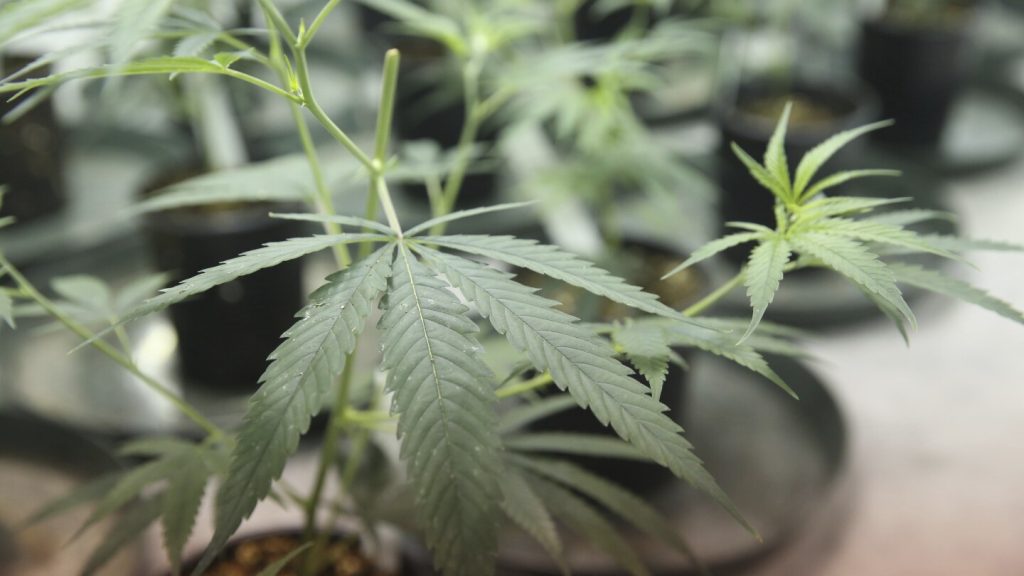The Florida Supreme Court has issued rulings allowing voters in the state to decide on two significant measures – protecting abortion rights and legalizing recreational marijuana. The court rejected arguments from the state attorney general that the measures should be kept off the November ballot. The court’s decision does not reflect on the merits of the measures but rather on their clarity and adherence to the state constitution’s single-subject mandate. The ruling likely paves the way for a six-week abortion ban to go into effect in the state.
In regards to abortion rights, the justices voted 4-3 to approve a proposed amendment that would protect the right to an abortion in Florida. The measure prevents any law from prohibiting, penalizing, delaying, or restricting abortion before viability or to protect the patient’s health as determined by their healthcare provider. The court rejected arguments that the proposed amendment was deceptive or violated the single-subject clause, stating that abortion historically involves interconnected matters of fetal viability and maternal health. The ruling could influence the upcoming elections in the state, potentially boosting voter turnout among abortion rights advocates.
On the issue of recreational marijuana, the court voted 5-2 to allow a ballot measure that would permit companies already involved in medical marijuana to sell it to adults over 21 for any reason. The measure also legalizes possession of marijuana for personal use. The court dismissed arguments that the proposal was deceptive or violated the single-subject clause, emphasizing the logical connection between decriminalizing marijuana and allowing its sale. This measure too could have an impact on voter turnout, potentially motivating more Democrats to participate in the elections.
Opponents of the abortion rights and recreational marijuana measures had raised concerns about the clarity and scope of the proposed amendments. Republican Governor Ron DeSantis criticized the court’s ruling on the abortion rights amendment, claiming it was misleading and would confuse voters. Proponents of the abortion rights amendment, however, welcomed the decision as a step forward in safeguarding women’s healthcare decisions. The approval of these measures positions Florida alongside other states where voters will have a direct say on abortion and marijuana questions in the upcoming elections.
The decisions by the Florida Supreme Court to allow the abortion rights and recreational marijuana measures on the ballot reflect a larger trend of states tackling these contentious issues at the voter level. The push to put abortion rights questions to voters has gained momentum since the U.S. Supreme Court overturned Roe v. Wade, prompting various states to consider referendums on the matter. The approval of these measures in Florida adds to the national conversation around abortion rights and marijuana legalization, potentially shaping the political landscape in the state and beyond.
Overall, the Florida Supreme Court’s rulings on the abortion rights and recreational marijuana measures have set the stage for significant debates and discussions leading up to the November ballot. The decisions highlight the importance of clarity and adherence to constitutional requirements in presenting these complex and divisive issues to voters. As Florida voters prepare to weigh in on these measures, the state finds itself at the center of national dialogues on abortion rights and marijuana legalization, with broader implications for the political landscape and public policy.


